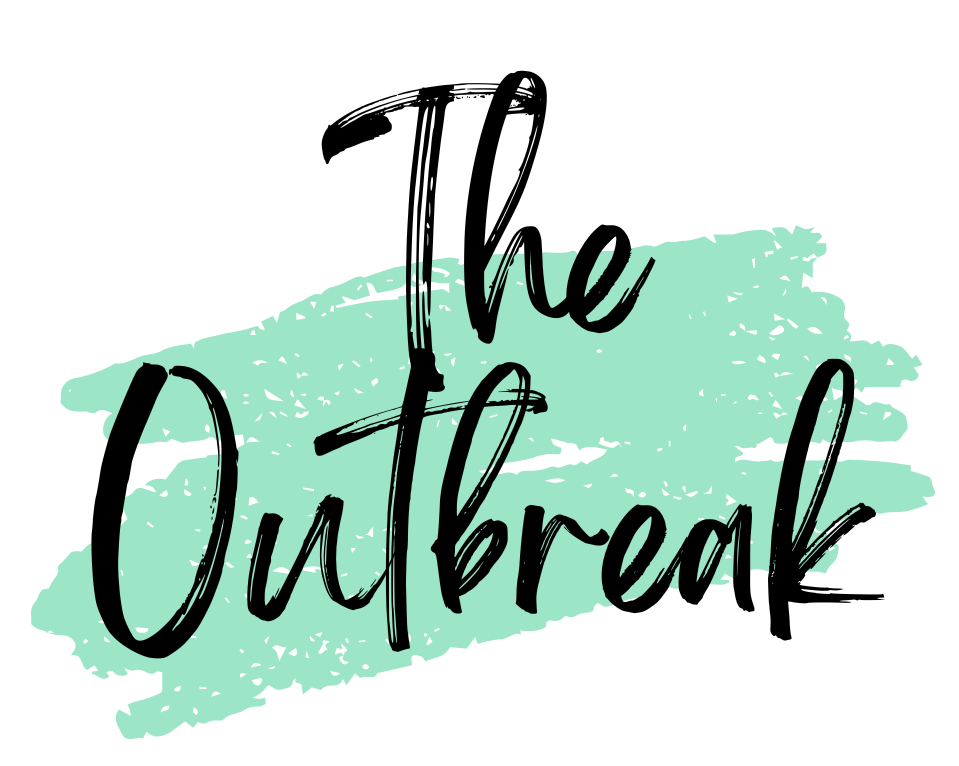Navigation auf uzh.ch
Navigation auf uzh.ch

The recent pandemic has shown us, on a large scale, that bioethics is much more than a field of theoretical research. Leaders had to make numerous difficult decisions at the political, health and economic levels, which strongly impacted both society and individuals. We as bioethics scholars must better understand the need, role and performance of ethical decision-making tools and bioethics reference frameworks that are designed to help decision-makers form well-reflected and well-justified choices to benefit society as a whole. But just as importantly, we need to help citizens understand key bioethical concepts so they can engage in a constructive, nuanced public discourse on the management of the current and potential future pandemics or other public health crises to foster societal resilience.
Science communication; bioethics; COVID-19; Public health; Pandemics; Co-design; Graphic novel
SNF Agora - CRAGP3_208386
36 months (2022 - 2025)
Our project, Pandemics & Bioethics: Co-Designing a Graphic Novel, aims to document, illustrate and communicate bioethical concepts in the context of the COVID-19 pandemic to better prepare ourselves for similar situations that are bound to occur in the future. The project will inform and encourage a mutual instructive and educational dialogue surrounding several bioethical challenges caused by pandemics while using the current pandemic as a starting point.
The end goal is to co-create a graphic novel to provide a defined audience - Generation Z - with a clearer understanding of these central bioethics concepts relevant to pandemic management. To do so, we will create spaces for dialogue between our researchers, a graphic designer and user groups. We will then use this dialogue to co-design key messages and storyboards and test them with users. This process will be part of the communication project before the end product (i.e., the graphic novel).
We will base the graphic novel and the dialogue on the latest research from the University of Zurich. Scientists from our institute — the Institute of Biomedical Ethics and History of Medicine — have published peer-reviewed articles on the following topics: ICU triaging (Jöbges et al. 2020), vaccine allocation (Holzer et al. 2021), self-experimentation (Manriquez and Biller-Andorno 2020), preventive measures (Germani et al. 2021), access to health care and economic implications (Biller-Andorno and Kapitza 2021), dealing with the anti-vaccination community (Germani and Biller-Andorno 2021), information needs (Spitale et al. 2020), as well as risk and crisis communication (Spitale et al. 2021)
We strongly believe this research needs to be shared with a larger audience since data suggests COVID-19 may not be the last pandemic we will experience. Using this research, we will set up a dialogue component using mini-publics. A mini-public refers to “an assembly of citizens, demographically representative of the larger population, brought together to learn and deliberate on a topic in order to inform public opinion and decision-making” (Escobar 2017). Users of the target demographic we have chosen for the mini-publics: Generation Z, together with a designer, our researchers and assisted by a facilitator will create a dialogue surrounding these topics. For the dialogue, we will use the design thinking methodology to ensure the product is designed in accordance to the needs of our target audience.
We are exploring a new way to create a science communication project by including the public in the co-creation of that product. If successful, we can reuse this model for other topics. It is also rather fitting since one can also see ethics as an exercise of co-design: people come together to agree upon, discuss and debate a set of ethical principles in which they should live by. We hope this first project will serve as a prototype for a broader series on bioethics and society. In addition, the entire process will be documented and used to inform and further our research on the impact of bioethics.
We aim to design an empirical research project to examine how well participants have improved their knowledge of key bioethics concepts. This will be published in bioethics journals on the topic of public discourse in bioethics.